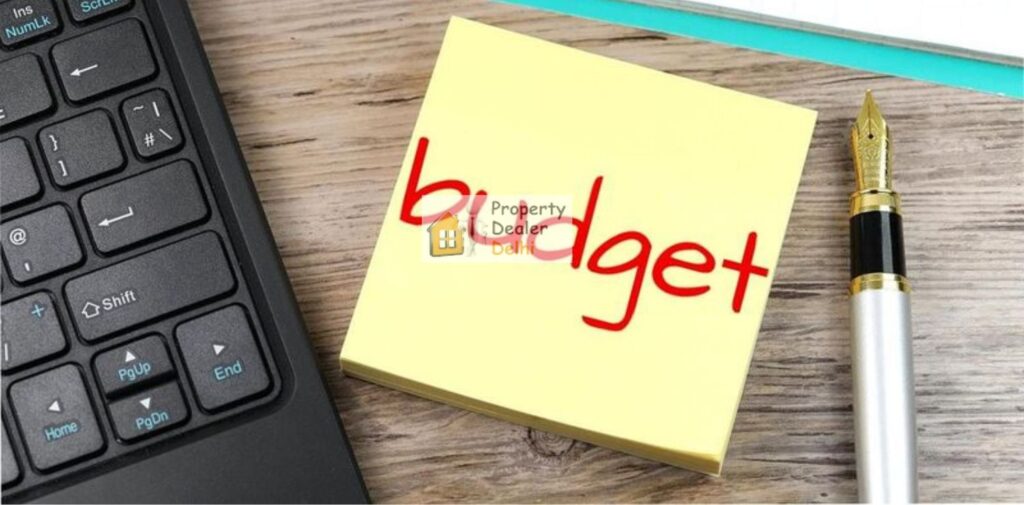
Negotiating property prices in Delhi can seem challenging, especially in a competitive market where demand is high. However, with the right approach and strategy, you can secure a better deal. Whether you are buying or renting, knowing how to negotiate effectively can save you a significant amount of money. Here are some practical tips for negotiating property prices in Delhi.
Know the Market Trends
Before entering any negotiation, it’s essential to understand the property market trends in Delhi. Prices can vary widely depending on the locality, type of property, and current market conditions. Spend time researching the area where you are looking to buy or rent.
For instance, some localities may have lower demand, allowing you to negotiate a better price. On the other hand, prime areas like South Delhi or Central Delhi may see higher prices due to their popularity. If you are aware of the market conditions, you’ll be in a stronger position to negotiate.
You can also consult real estate agents or check online platforms to get an idea of the prices of similar properties in the area. This knowledge will help you identify whether the price being quoted is reasonable or inflated, making your negotiation more effective.

Be Prepared with Your Budget
When negotiating, it’s crucial to know your budget and stick to it. Many buyers or renters make the mistake of overspending because they get swayed by the seller’s or landlord’s expectations. To avoid this, determine the maximum amount you’re willing to pay before you start negotiating.
Having a clear budget will give you more confidence during the negotiation. You can start by offering a price lower than your maximum limit, allowing room for discussion. Keep in mind that it’s better to negotiate downward initially and increase your offer slowly rather than offering the full price at the beginning.
Understand the Seller’s or Landlord’s Motivation
When negotiating, it helps to understand the seller’s or landlord’s reasons for selling or renting the property. This information can give you leverage during negotiations. For example, if the seller is in a hurry to sell, they may be more open to negotiating the price. Similarly, if a landlord is struggling to find tenants, they might be willing to offer a better rental rate or waive certain charges to secure a deal quickly.
You can ask open-ended questions to find out their motivation, such as “How long has the property been on the market?” or “Is there a deadline by which you want to finalize the deal?” The answers can provide clues on how flexible they may be on the price.
Don’t Be Afraid to Walk Away
One of the most powerful tools in property negotiations is the ability to walk away. If you are not happy with the price or the terms of the deal, don’t be afraid to walk away from the negotiation table. Sellers and landlords often expect negotiations, and if they see that you are not desperate or willing to settle for an unfavorable deal, they may reconsider and offer a better price.
However, make sure you are serious about walking away. Don’t use this tactic just to bluff; it can backfire if the other party sees you as insincere. If you are ready to walk away, it may prompt the seller or landlord to offer a better deal to keep you interested.
Leverage the Power of Comparison
When negotiating property prices, use comparisons to your advantage. If you are buying or renting a property, find similar properties in the same area that are priced lower. Mention these properties during negotiations to show that there are better options available to you.
For example, you can say something like, “I’ve seen similar properties in this area for a lower price,” or “There are other apartments in the same building with better amenities at a lower cost.” This comparison can motivate the seller or landlord to offer a more competitive price to secure your deal.

Build a Good Relationship with the Seller or Landlord
While negotiations can be tough, building a good relationship with the seller or landlord can help you in the long run. Approach the negotiation with respect and understanding. Sellers and landlords are more likely to give you a better price if they feel comfortable and confident in you as a buyer or renter.
Maintaining a positive attitude and showing genuine interest in the property can create goodwill and may result in more favorable terms. Don’t rush through the process; take time to understand the property, ask questions, and show that you are serious about making a fair deal.
Conclusion: Negotiating Property Prices in Delhi
Negotiating property prices in Delhi requires a combination of market knowledge, preparation, and communication skills. By understanding the market trends, setting a clear budget, and being prepared to walk away, you can significantly improve your chances of securing a favorable deal. Additionally, building a good relationship with the seller or landlord and using comparisons to leverage a better price can make your negotiations more successful. Keep these tips in mind, and with patience and persistence, you can negotiate the best possible price for your property in Delhi.

